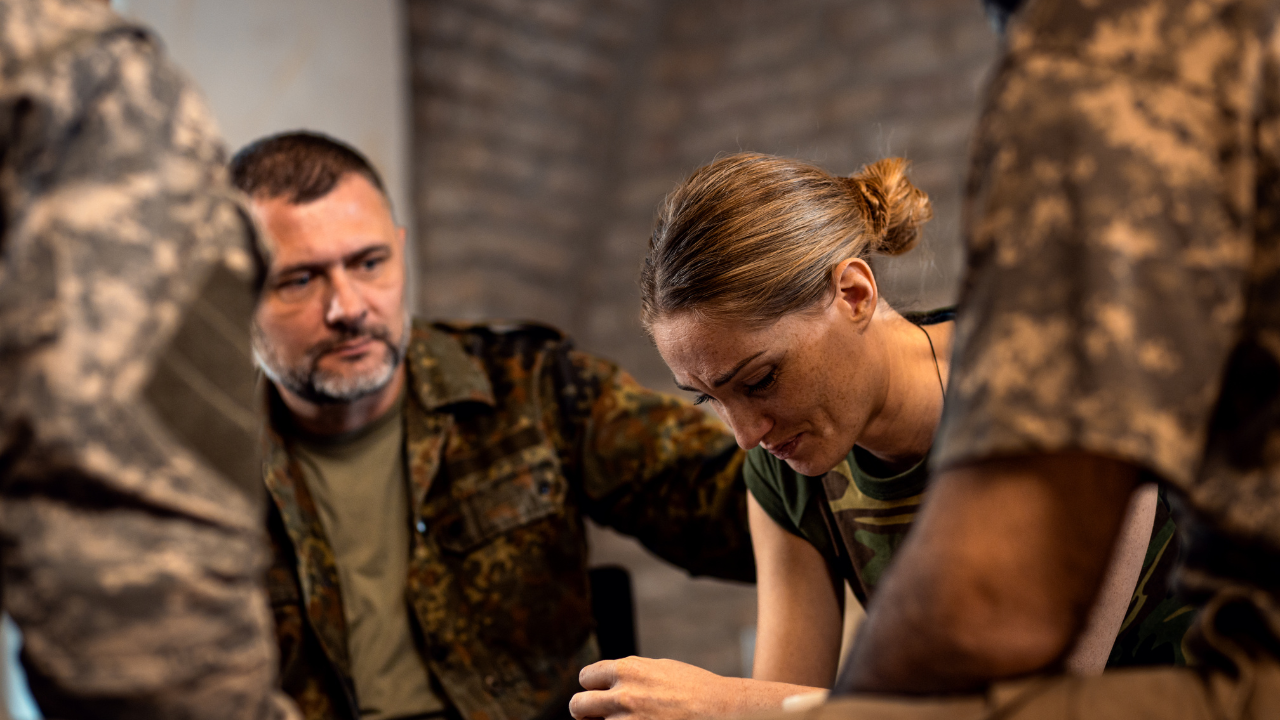PTSD In Combat Veterans Could Be Treated With This African Drug - Study Finds

(Credit-Canva)
SummaryAs many war and combat veterans face mental health issues and years of trauma, that cause them stress, anxiety as well as suicidal thoughts. Could medication help with this?
End of Article
